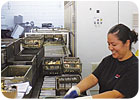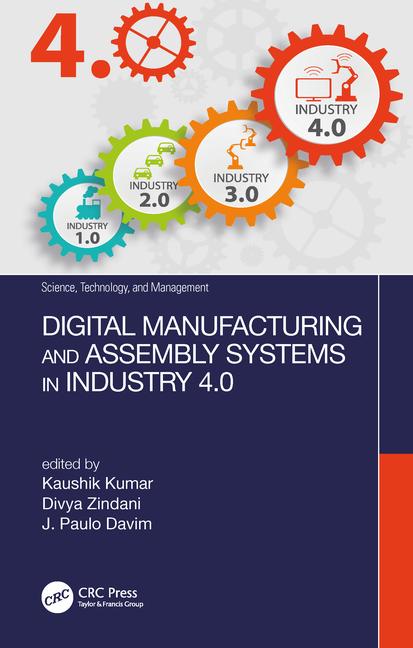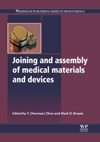
Dürr Ecoclean modified the automatic feed on the Universal 71C to handle Alger Manufacturing’s baskets. Photo courtesy Dürr Ecoclean
Until recently, the company was using an aqueous parts cleaning system that, although environmentally safe, often failed to meet customers’ cleaning requirements. The system trapped impacted chips and water in the parts’ small cavities and blind holes, so the parts would have to be recleaned.
Dan Hankla, vice president of operations at Alger, says the company needed a full-time maintenance mechanic troubleshooting the system at all times.
Another problem was the system’s ergonomics. The tall immersion chambers required movements that put a good deal of strain on employees’ backs and arms. Additionally, the system’s capacity was not large enough to handle the batch size for Alger’s standard workpiece baskets.
To meet all of these challenges, Alger worked closely with Dürr Ecoclean and chose the Universal 71C parts cleaning system by Dürr.
Engineers at Dürr then worked alongside Alger to obtain a permit from the South Coast Air Quality Management District.
Alger also had a major investment in baskets for transporting machined parts and did not want to have to buy new baskets. Ideally they wanted a system in which the machine tool operator could place finished parts in a basket and the parts would stay in that same basket throughout the cleaning process, thus minimizing the potential for handling nicks. To help its customer, Dürr modified the Universal 71C’s automatic feed to handle Alger’s baskets.
After the first year using the 71C system, Hankla conducted a cost analysis. His calculations showed that the 71C saved Alger nearly $170,000 in operating costs when compared to the previous system in terms of water heating, detergents, and wastewater treatment, not to mention maintenance, downtime and damaged or poorly cleaned parts.
For more information on parts cleaning systems, call 248-745-8500 or visit www.durr-ecoclean.com.



